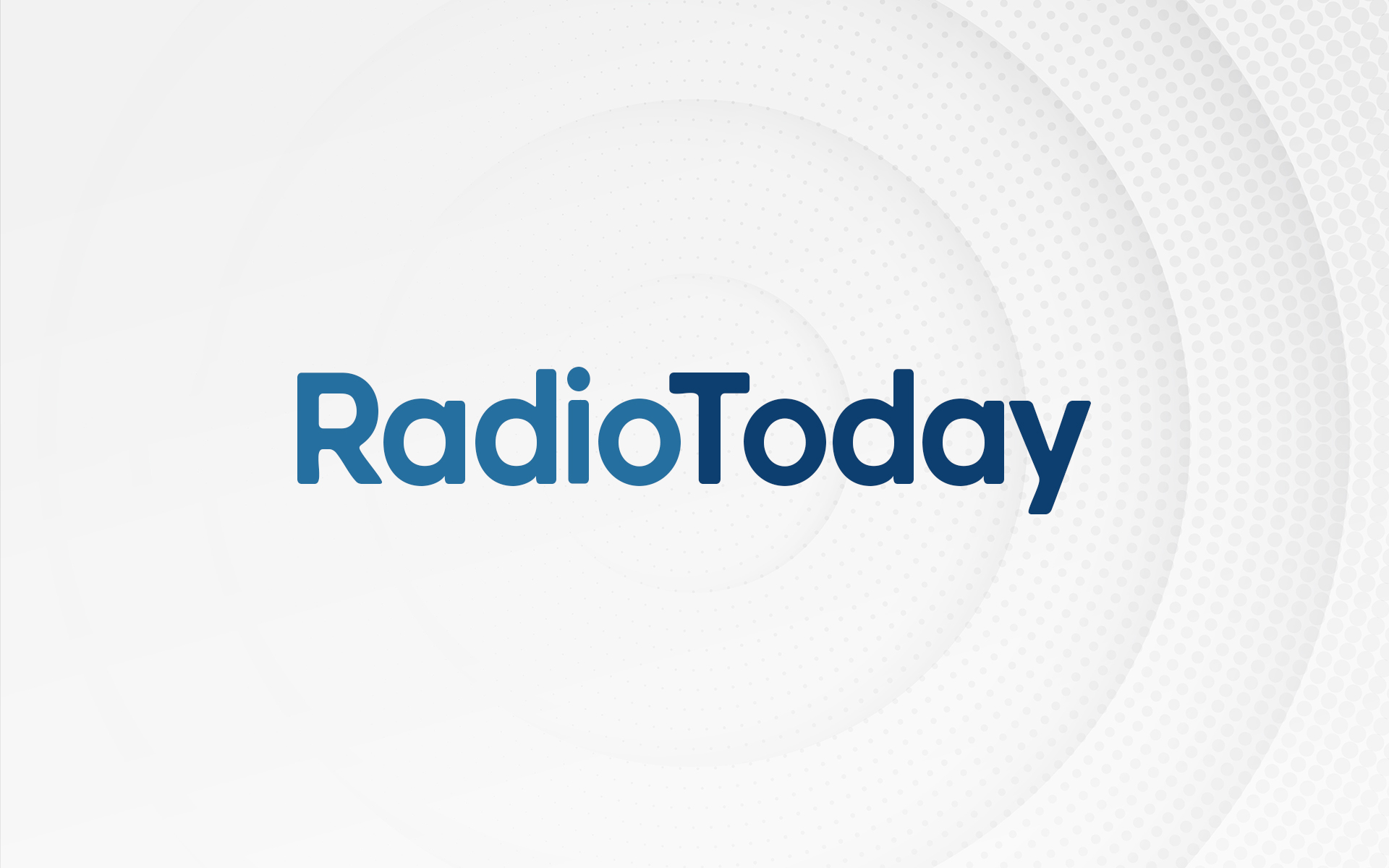
Digital radio switchover is critical for listeners, smaller stations and the wider radio industry, Steve Fountain, Group Head of Radio at KM Group warns.
Writing exclusively for RadioToday.co.uk, Steve talks about the digital radio switchover debate and how smaller stations can and should support DAB.
There has been much scare mongering in recent weeks about digital radio switchover. Some critics have attempted to argue that that the switch from analogue to digital transmission will only benefit larger radio stations and will mean that listeners may no longer be able to listen to their favourite local stations. This is far from the truth and, as Head of Radio for a small local radio group, I would like to set the record straight.
Here at the KM Group, we operate seven local radio stations and one digital-only station – all in Kent. Along with 95 per cent of the UK radio industry (including our commercial competitors, the BBC and community radio) we believe that the Digital Economy Bill is crucial to ensuring that Britain’s oldest medium has a viable future. This is because the Bill provides opportunities for stations of all sizes to organise their operations and broadcast their content in the way that is most suitable for them, so that they can continue to provide great national, regional and local services for their listeners. It is no matter of chance that all sectors of the radio industry will benefit; the Bill is the product of an ongoing and constructive dialogue between the radio industry, Ofcom and the Department for Culture, Media and Sport.
We have to look forward and plan for the future because as things stand, the status quo is unsustainable. Currently the radio industry is supporting both analogue and digital transmission; a financial burden that commercial radio cannot continue to support and which fails to deliver the best value to BBC licence fee payers.
Currently, 90 per cent of the population has a digital signal, and this is improving all the time. Switchover will not take place until coverage across the whole country is as good as it is for FM and, importantly, not before over 50 per cent of radio listening is via digital. The Bill even allows for different switchover dates to be set, to allow for regional differences in coverage and listening to be taken into account. Yes, there are hurdles to achieving these criteria but the Digital Economy Bill will allow us to address these hurdles. The radio sector is already working with the motor industry and set manufacturers to bring a range of products, including ‘converters’ (the equivalent of set-top boxes) to market. The industry knows that getting a great range of low cost sets, with in-car solutions, is critical to delivering a digital future for our industry.
The Bill will also allow the industry to work with Ofcom to improve, re-plan and extend the coverage of local digital radio multiplexes which will help make access to digital radio more affordable for smaller local radio stations. In addition the Bill presents the prospect of much needed deregulation for local commercial radio, with small local stations like ours likely to be the greatest beneficiaries. Local commercial radio cannot afford to lose this opportunity.
Clearly it may be more appropriate for some local stations to stay on FM because it is more financially viable to use this network for their small transmission area. But these stations will also benefit from an improved local FM signal once the national stations upgrade to digital. Devices will also allow listeners to easily tune between stations on digital and stations on FM – with the industry announcing plans on this initiative in the next few months.
Most importantly listeners love their digital radio – it is simpler to tune than analogue radio giving instant access to stations by name rather than by frequency. There are more stations and greater potential for the kind of digital services and interactivity that listeners now take for granted on TV and online – analogue simply does not have the capacity to do this. Digital allows us to be interactive and offer the sort of functionality that we expect from digital media, such as on-screen programme guides, pause, rewind, and record, and more into the future. Digital lets us keep up with fast-paced, multi-media demands of the iPod generation.
Now is not the time for self interest. As an industry we have to ensure that we do what is best for listeners, by ensuring that radio is not left in the backwater and has a future in the digital world for decades to come.
[b]Steve Fountain.[/b]


